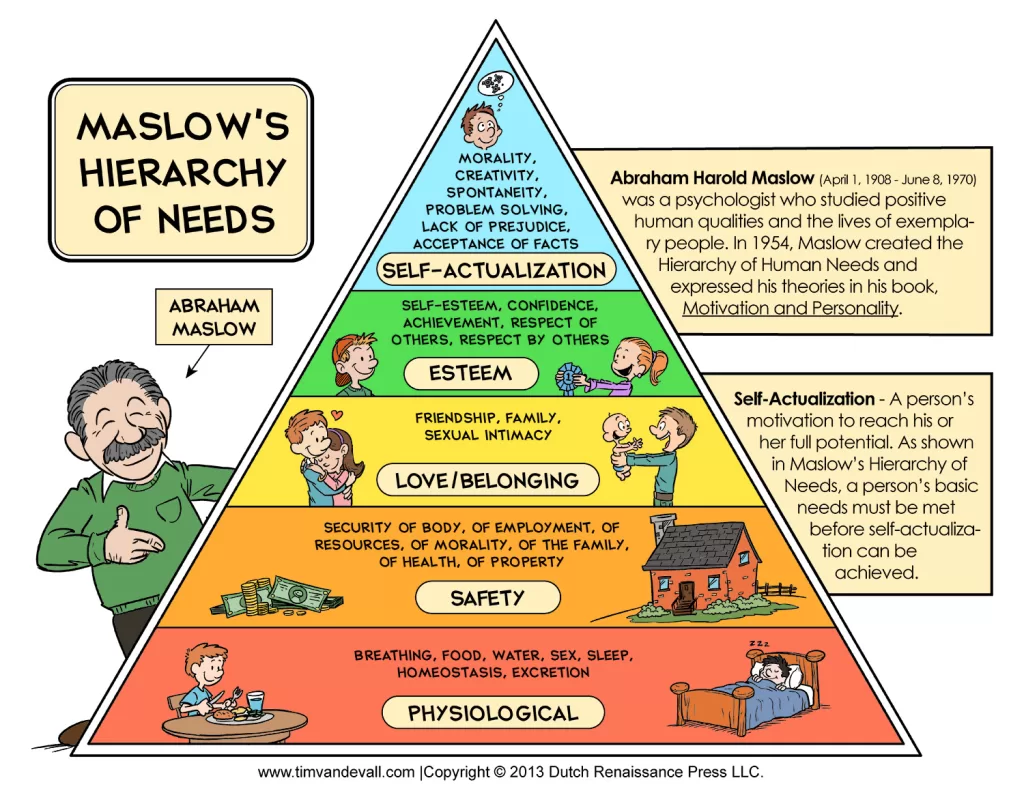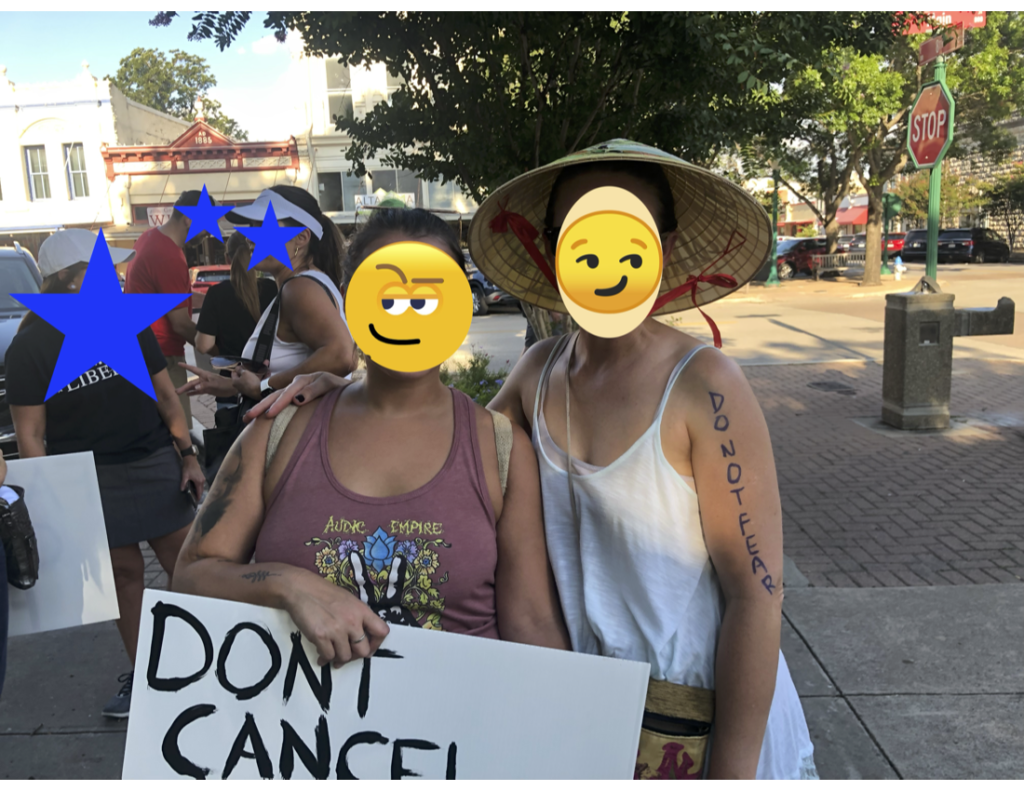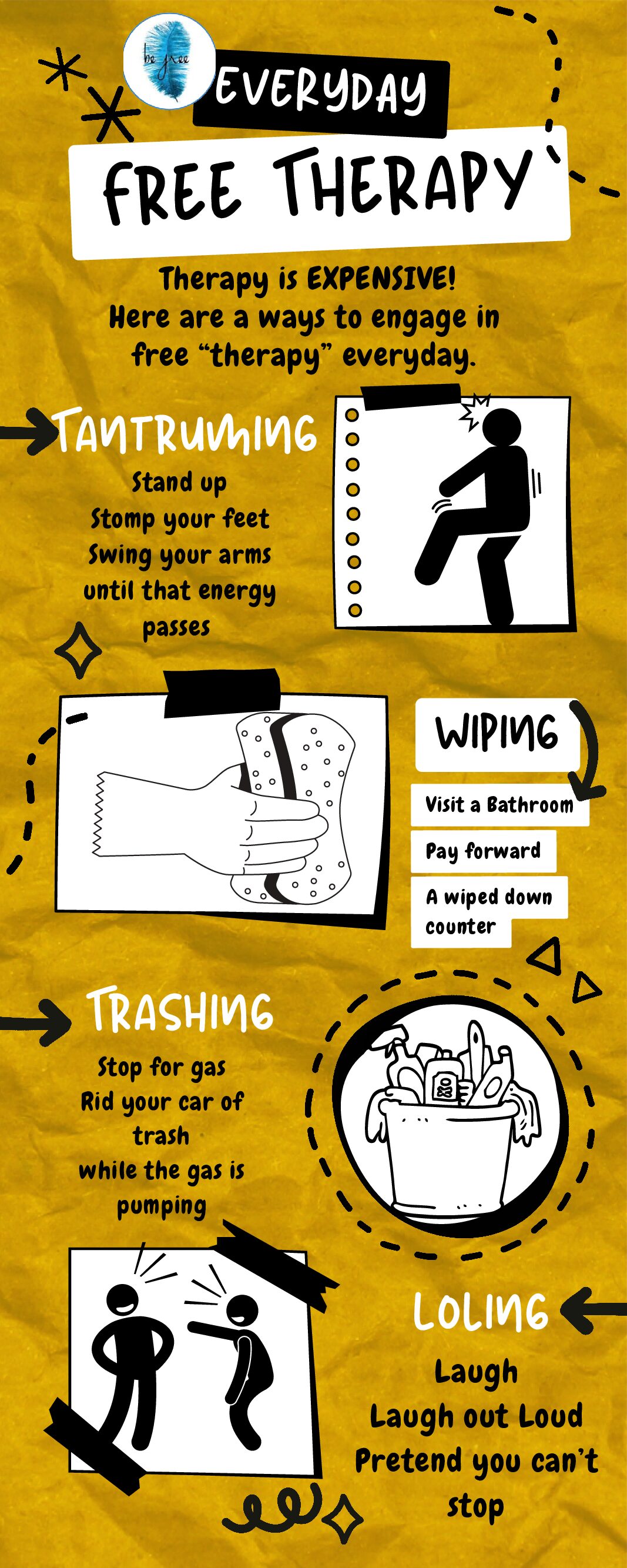Interested in sibling therapy? Read Well and Good’s article by Mata (2024) featuring Joyful Journeys Counseling Founder, Jennifer Lytle.
Social Connections
Well-being is often interdependent on multiple factors. There are many reasons one may want to remain connected with family despite differences of opinion or old grudges. Social relationships and extended family connections are pertinent for overall wellness (Thomas, Liu, & Umberson, 2017). But . . . how can you manage proximity to people who give you visceral skin-crawl? Well, you might not like this answer.
Get Over Yourself
Family connections and interactions are about more than your individual feelings, experiences, or thoughts. Life is bigger than oneself. Life is about more than oneself.
It's not about you.
Get.
Over.
Yourself.
You are a collection of more than your linear, individual life. Move beyond yourself to embrace the opportunity of developing. This is easy to write and difficult to accomplish. Still, hardships can create character. Moving beyond yourself is an act of maturity, which leads us to the second step of connecting with extended family despite conflict.
Hardships can create character.
Grow Up
Cue the chorus to The Rolling Stones “You Can’t Always Get What You Want” (1969). Maturity requires setting aside ones preferences when they create conflict. There is a difference between needs (i.e., safety) and preferences (i.e., positive affect from others). Maslow (1943) places family and friendship as a need. Social support such as these are considered protective factors against stress and mental illness (Thomas, Liu, & Umberson, 2017). So if you want to get away . . . maybe you should grow up.

Get It Together & Get Together
Consider what Cathy Loerzel (Young, 2023) says about the fear of driving on a highway. One does not stop driving on highways despite the fear of it. When family conflict stirs up insecurities or past pain, the act of gathering and celebrating can remain intact. What is there to celebrate? Well, remember,
It's not about you
There is no decree for ongoing, intimate settings between family members in conflict. However, gatherings over some holidays or special occasions (birth of a first baby, Christmas gatherings) is something that can benefit those brave enough to participate. So, get yourself together and get together with extended family and family friends.

Smirk emoji icons by AIO Photos on https://www.aiophotoz.com/photos/smirk-emoji-smiley-emoticon-png-clipart-computer-icons-emoji.html and http://clipart-library.com/
Contact in Conflicted Family Relationships
Perhaps the imperative is a bit impractical. How exactly does one get over themselves, grow up, & get it together to get together? What are tangible steps of action?
- Check your heart. Be honest. At least with yourself.
- Are you angry because your pride was offended?
- Did you try to manuever for control and failed?
- What’s the real issue?
- Have you made a red herring out of an unresolved, past offense?
- Know your limitations ahead of time.
- Do you intend to stay for a limited time? Decide before attending when you plan to leave and stick to it. Rehearse for your departure. There is no need for ongoing or multiple excuses. Recall DARE training and become a broken record if necessary.
- “I planned to leave at 6 p.m.”
- “I made dinner plans.”
- “I work in the morning.”
- “My dog needs to be let out.”
- Keep things light. Are there topics or contentious issues that go beyond a simple social gathering? Rehearse ahead of time on your generic reply and stick to it.
- “I’m here to enjoy our visit.”
- “We have different opinions.”
- “That’s a topic for another day.”
- To the extent that it is possible, keep the setting as neutral and light as possible.
- Do you intend to stay for a limited time? Decide before attending when you plan to leave and stick to it. Rehearse for your departure. There is no need for ongoing or multiple excuses. Recall DARE training and become a broken record if necessary.
- If children are involved, provide simple, direct, and clear communication about expectations/limitations. Do so ahead of time and be patient if it comes up during the gathering.
- “We don’t have plans to see them again until (next Christmas).”
- “We aren’t doing sleepovers.”
- “This is the only visit that is planned.”
- “That’s not something I have control over.”
- Be open without expectations.
- Be willing to apologize for your mistakes. Everyone makes them.
- Be willing to accept an apology. Everyone makes mistakes.
- Be willing to accept that others may be unable or unwilling to have a direct, honest, or open conversation about the conflict.
- Be open to an invitation to discuss the conflict at a separate time.
- Prioritorize reconnecting over confrontation.
Contact in conflicted families can be tricky to navigate. In some limited situations, it is advisable to avoid altogether (physical abuse, drug use). In general, most conflicted families can gather together for limited social interactions for the sake of those who have nothing to do with the conflict. People such as spouses, in-laws, children, and family friends who are unrelated to the conflict suffer when adults are unable to get over themselves, grow up, and get it together to get together.
Sources:
Mata, I. (2024, April 26). I nearly gave up on having a relationship with my sister-but sibling therapy gave us a fresh start. Well and Good. https://www.wellandgood.com/sibling-therapy/
Thomas, P. A., Liu, H., & Umberson, D. (2017). Family Relationships and Well-Being. Innovation in aging, 1(3), igx025. https://doi.org/10.1093/geroni/igx025
The Rolling Stones. (1969). My universe [Song]. On Music of the spheres. Parlophone; Atlantic.
Maslow, A. H. (1943). A theory of human motivation. Psychological Review, 50(4), 370–396. https://doi.org/10.1037/h0054346
Vadevall, T. (2013). Maslow’s Hierarchy of Needs Diagram Poster [Infographic]. Timvandevall.com. https://timvandevall.com/product/maslows-hierarchy-of-needs-diagram-poster/
Young, A. (Executive Producer). (2023, December 11). The Healing Power of Understanding Your Story with Dan Allender and Cathy Loerzel [Audio podcast]. The Place We Find Ourselves. https://sites.libsyn.com/118541/the-healing-power-of-understanding-your-story-with-dan-allender-and-cathy-loerzel
Author, Title of the photograph, Title of the series (if applicable), Date of creation, License type, via X (X=website, collection, platform, etc.)




